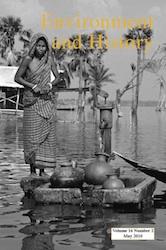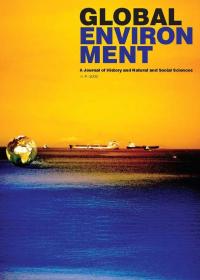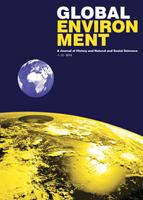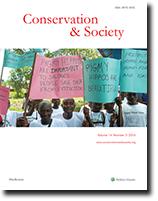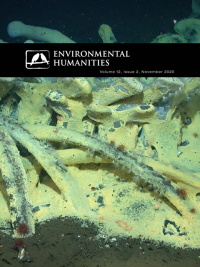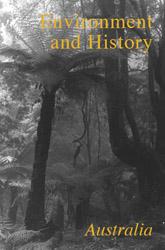"Editorial Note: 'Pasts and Futures of Water'"
This editorial note introduces the four major conference themes of the 5th International Water History Association (IWHA) Conference ‘Pasts and Futures of Water’ in June 2007: (i) water, health and sanitation; (ii) water, food and economy; (iii) water and the city; and (iv) water governance and policy.


